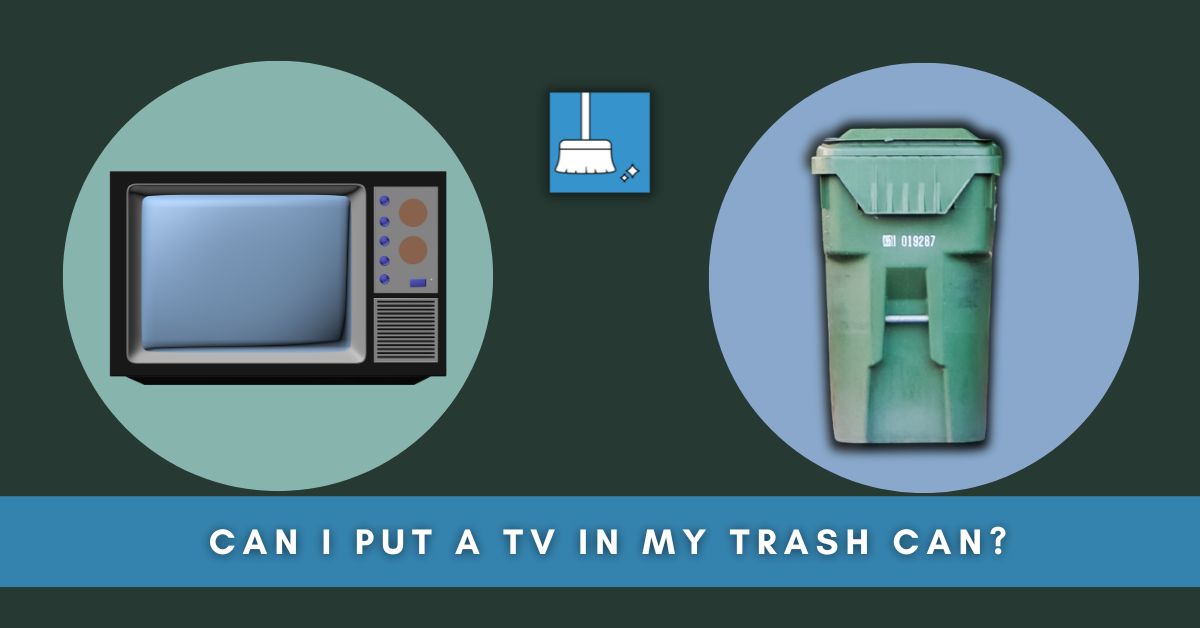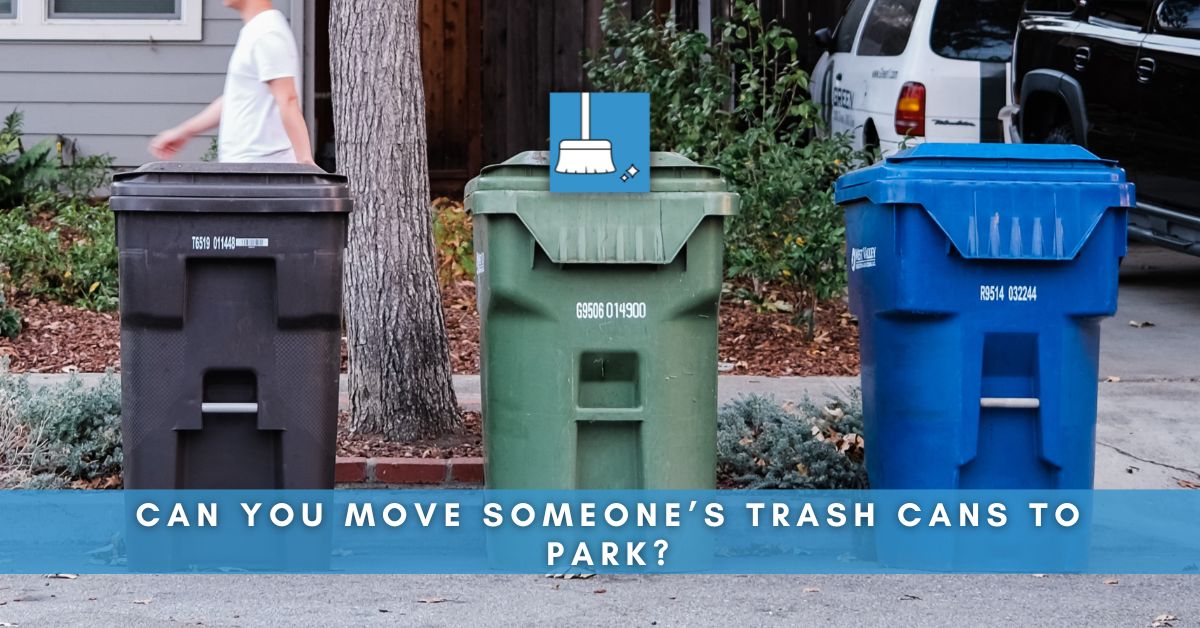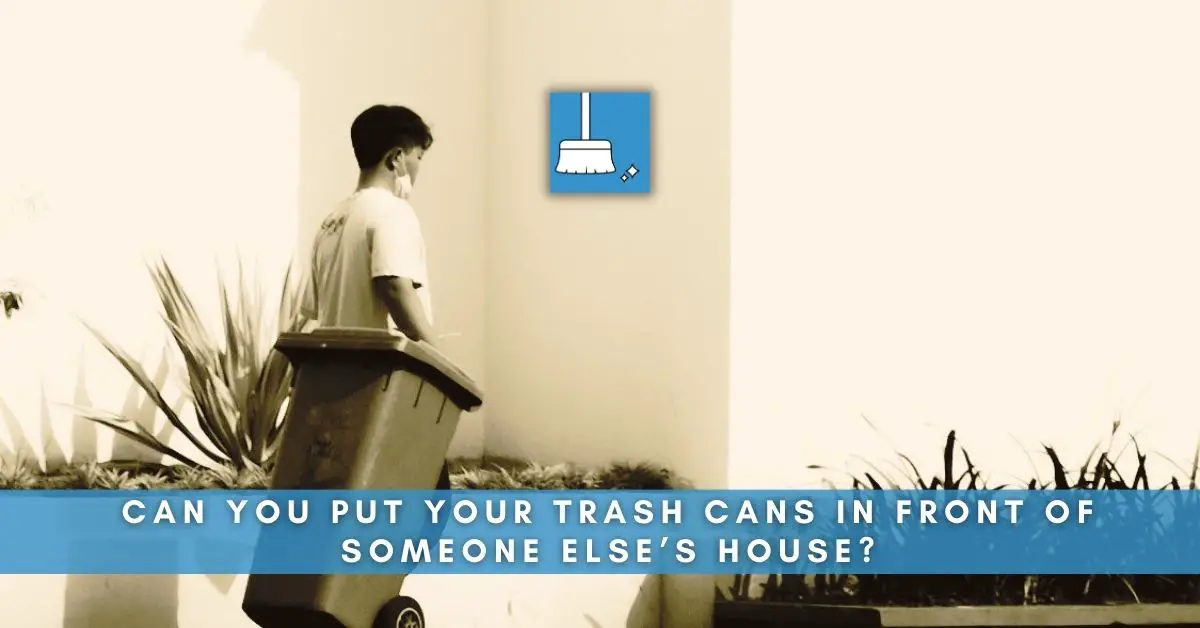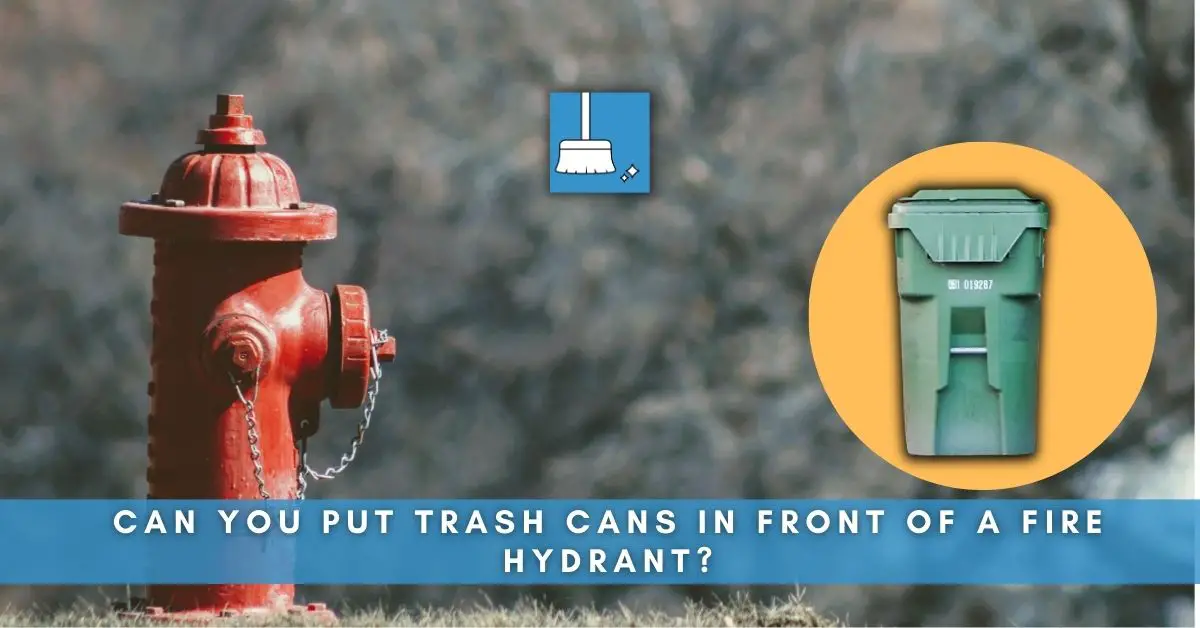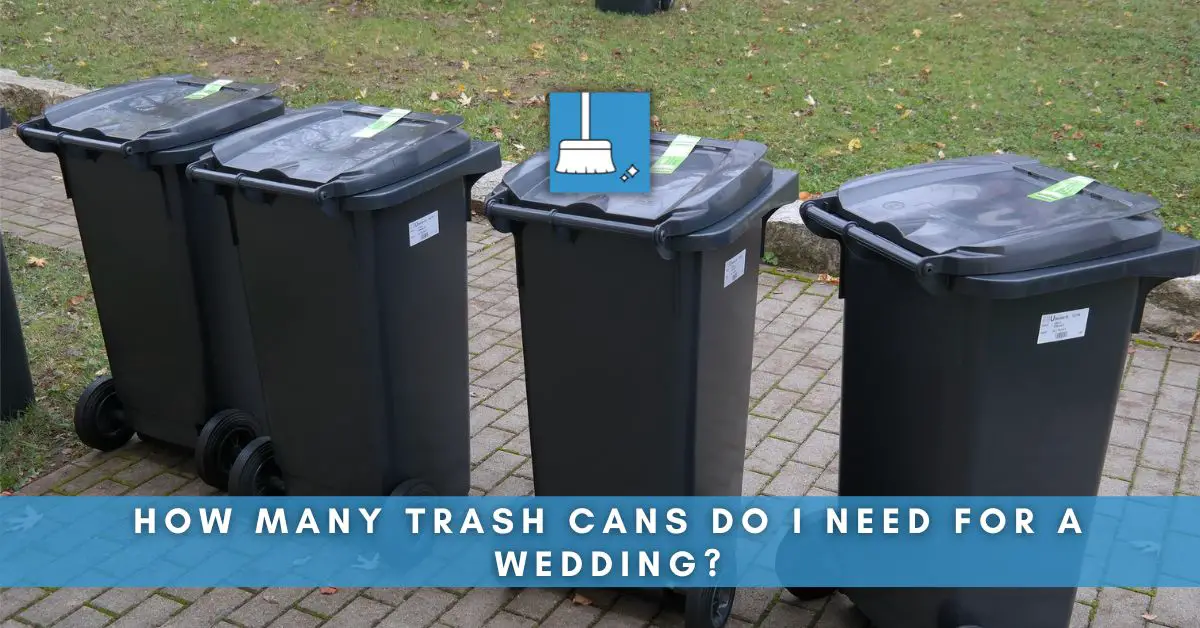Many people assume it’s fine to toss their old TV that’s sitting in the living room (or perhaps the garage) in the trash can, but is that really the best course of action? In this post, we’ll explore the different ways to dispose of a TV properly, and why simply throwing it in the trash is not recommended.
The Possibility of Tossing Your TV in the Trash Can
A television should not be thrown in the regular trash because televisions are complex devices with many potentially harmful components.
Older models may contain cathode ray tubes, which have high amounts of lead in them, while newer models are made with LCD screens containing heavy metals and toxic chemicals. Instead, it should be sent for recycling.
When it comes to recycling electronic waste, old televisions should be at the top of the list.
Also, televisions also have plastic housings, circuit boards, copper wiring, and other materials that can be recycled instead of thrown away.
By properly disposing of your old TV, you not only protect yourself and others from potentially harmful chemicals but also contribute to a more sustainable future. [1]
What to Do with Your Old Television?
1- Selling your TV
Finding a buyer for your TV
If you decide on selling your TV, there are a few options available to you:
First, you can try listing it on online platforms such as Craigslist or eBay. Make sure to include clear pictures and descriptions of the TV’s condition and any accessories it comes with.
Another option is to host a garage sale and offer the TV for sale along with other items you’re getting rid of. Be sure to price it competitively to attract potential buyers.
You can also ask friends and family members if they’re interested in purchasing the TV.
Finally, consider reaching out to local electronics resellers or secondhand shops to see if they’re interested in buying the TV from you.
One tip is to make sure to thoroughly research the prices for similar TVs before setting your own price. [2]
Pros and cons of selling a TV
On the plus side, selling your TV means you get money in your pocket and someone else gets to enjoy the television. It also eliminates the need to pack up and transport your old TV to a recycling or donation center.
On the negative side, selling a TV can be time-consuming and potentially risky. You have to find a buyer, negotiate a fair price, and possibly deal with shipping or delivery.
Additionally, there’s no guarantee that your television will sell quickly or for the price you want. [3]
2- Retailer Recycling Programs
Many retailers recognize the importance of responsible waste disposal and strive to make it easier for consumers to recycle their old electronics.
Retailer recycling programs vary by company, but generally involve accepting used electronic devices, like TVs, and properly recycling them.
Some retailers may also offer the option to trade in old electronics for a discount on a new device. Examples of retailers with TV recycling options include Best Buy, Walmart, and Staples.
Before taking advantage of these programs, be sure to check for any fees, restrictions, or specific requirements, such as removing personal data or packaging the device properly. [4]
How to take advantage of retailer recycling programs
To take advantage of retailer recycling programs, start by researching what options are available in your area. As mentioned above large retailers, such as Best Buy, Staples, and Walmart, offer recycling programs for electronics, including TVs.
Once you have identified a retailer, be sure to double-check the specific requirements for their program. This may include restrictions on the types of TVs they accept and any fees associated with the service.
Before dropping off your TV, ensure that all personal information has been deleted and that any toxic components have been removed. [5]
3- Donating Your TV
One GREAT option to get rid of the old television is to donate it to a local charity or school that may be in need of electronics. Engaging in donation practices not only helps the environment but also contributes to the success of others in need.
Donating a TV can provide numerous advantages.
First and foremost, it can prevent the hazardous waste generated by electronic waste from improperly ending up in landfills.
Furthermore, donating a TV can give it a second lease on life, meaning that someone who may not be able to afford a new TV can still enjoy the luxury of having one.
Additionally, donating a TV to a school or library can provide access to educational resources that may not have been possible otherwise.
This act will no only help you dispose of it responsibly but also give you inner satisfaction.
4- E-waste recycling
The toxic substances and heavy metals found in electronic devices have been linked to negative impacts on human lung cells and cause environmental pollution.
Recycling these materials not only helps conserve energy and natural resources but also reduces the need for landfills and creates green jobs in the future. [6]
E-waste recycling centers ensure that harmful materials found in electronics, such as lead and mercury, are safely disposed of and kept out of landfills.
To find a recycling center near you, start by checking with your city or county government. They may have a list of approved centers in your area.
Another option is to use online resources like the Environmental Protection Agency’s eCycling search tool or websites like Earth911 to locate local centers. [7]
5- Manufacturer take-back programs
Manufacturer take-back programs are designed to promote responsible disposal of electronic waste. These programs are operated by companies that produce electronic devices, including TVs, and are often free of charge for consumers.
They provide an easy and convenient way to dispose of old electronics, reducing the likelihood of them ending up in landfills or incinerators.
As part of these programs, manufacturers will take back old devices and properly recycle or dispose of them. This includes the safe disposal of hazardous materials found in electronics, such as lead, mercury, and cadmium.

